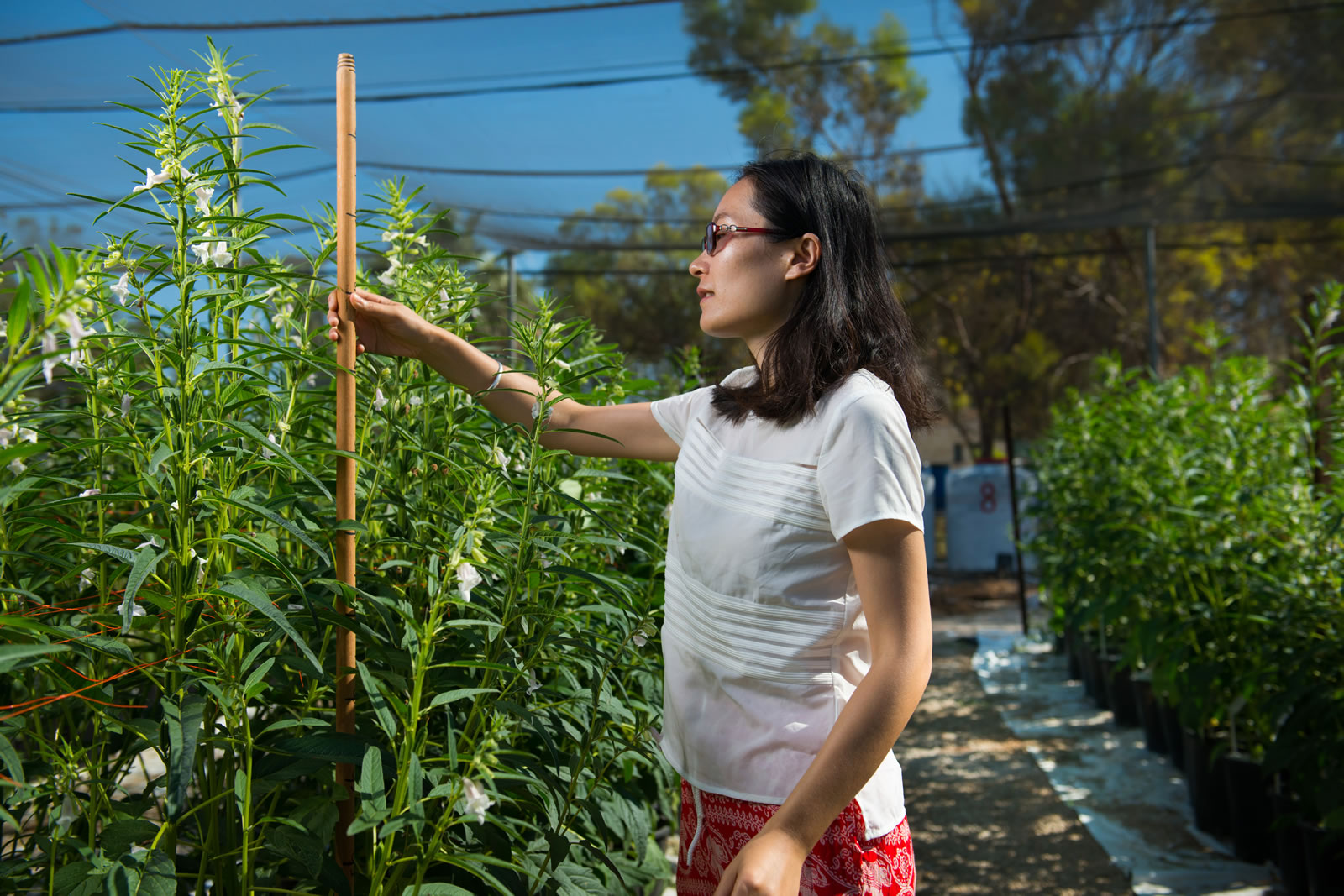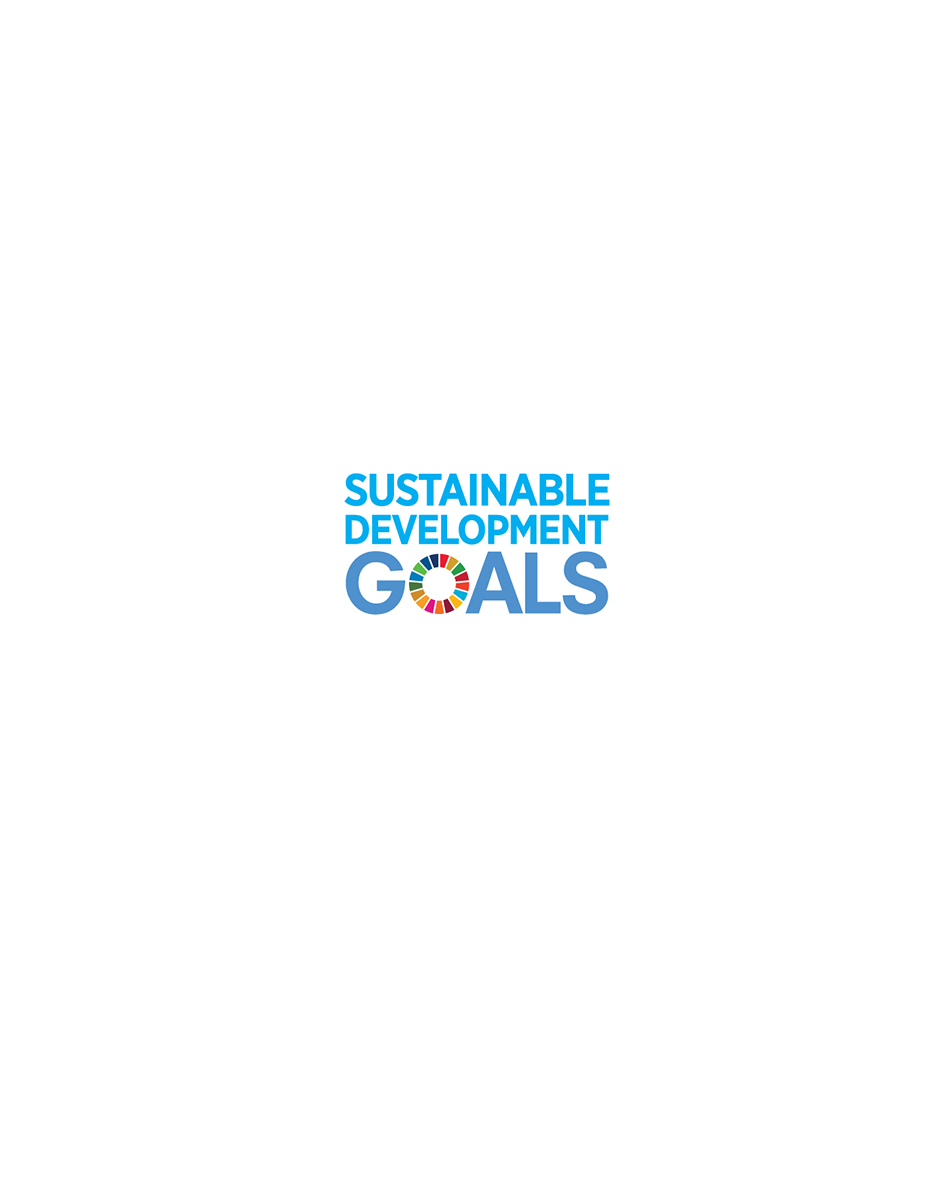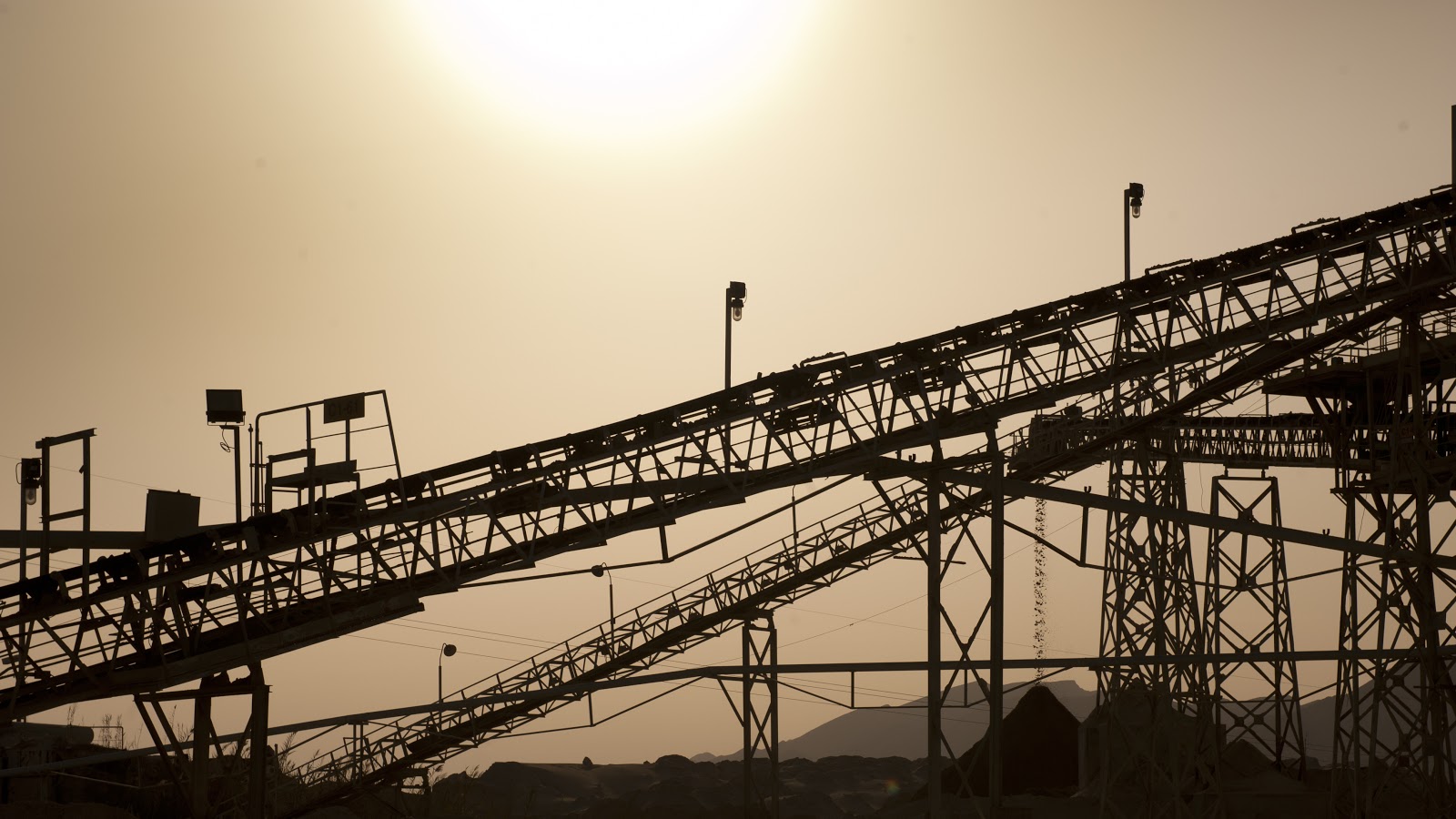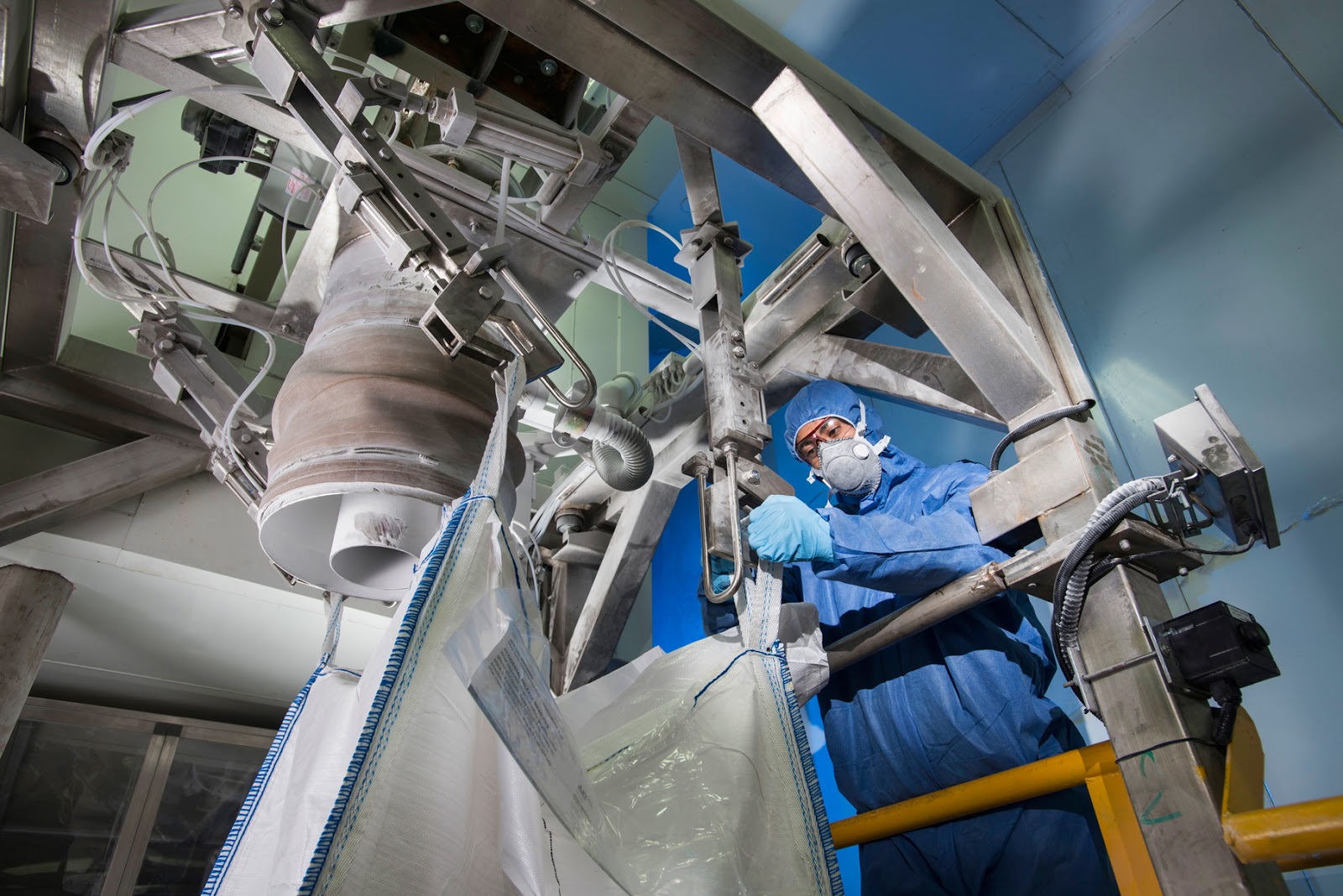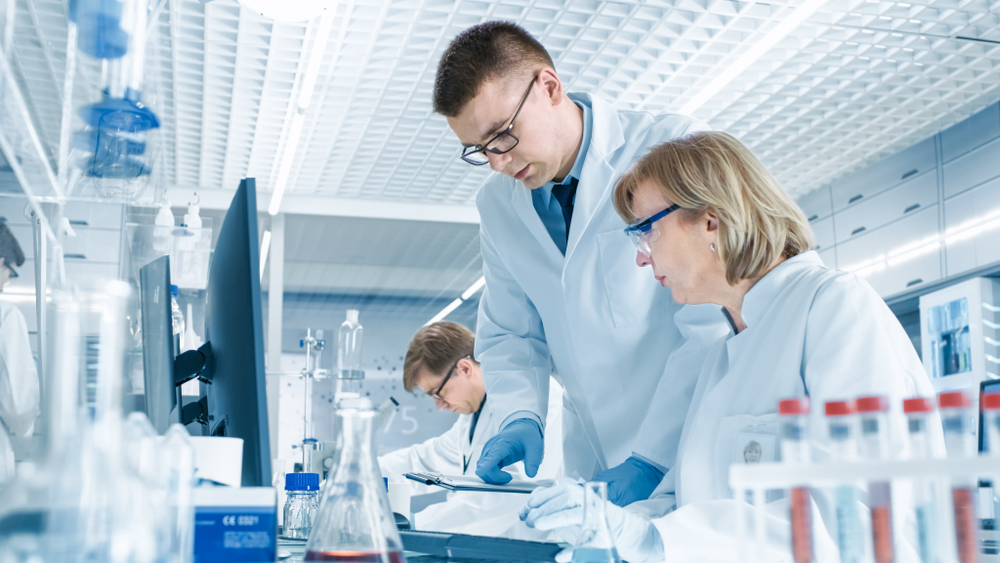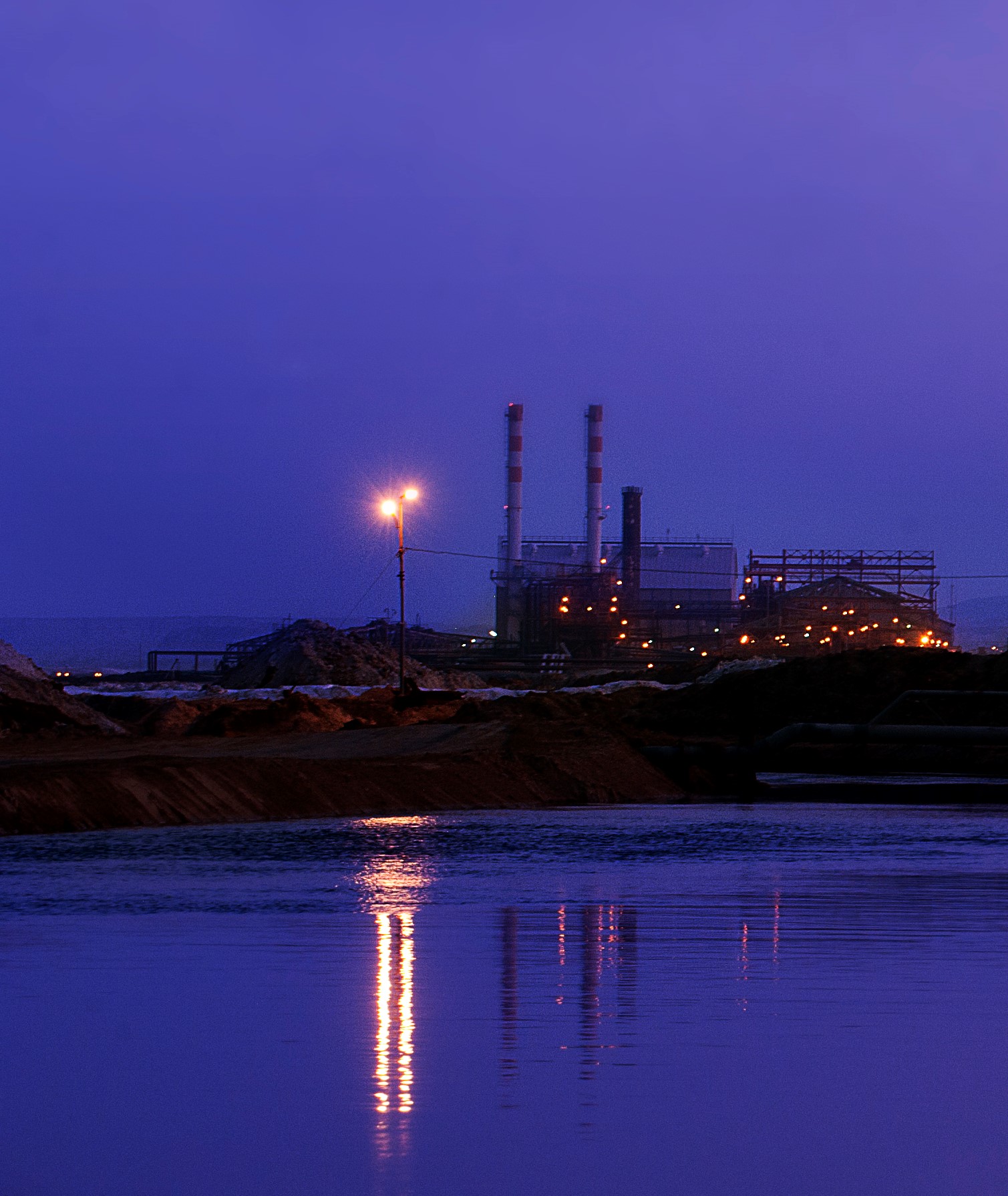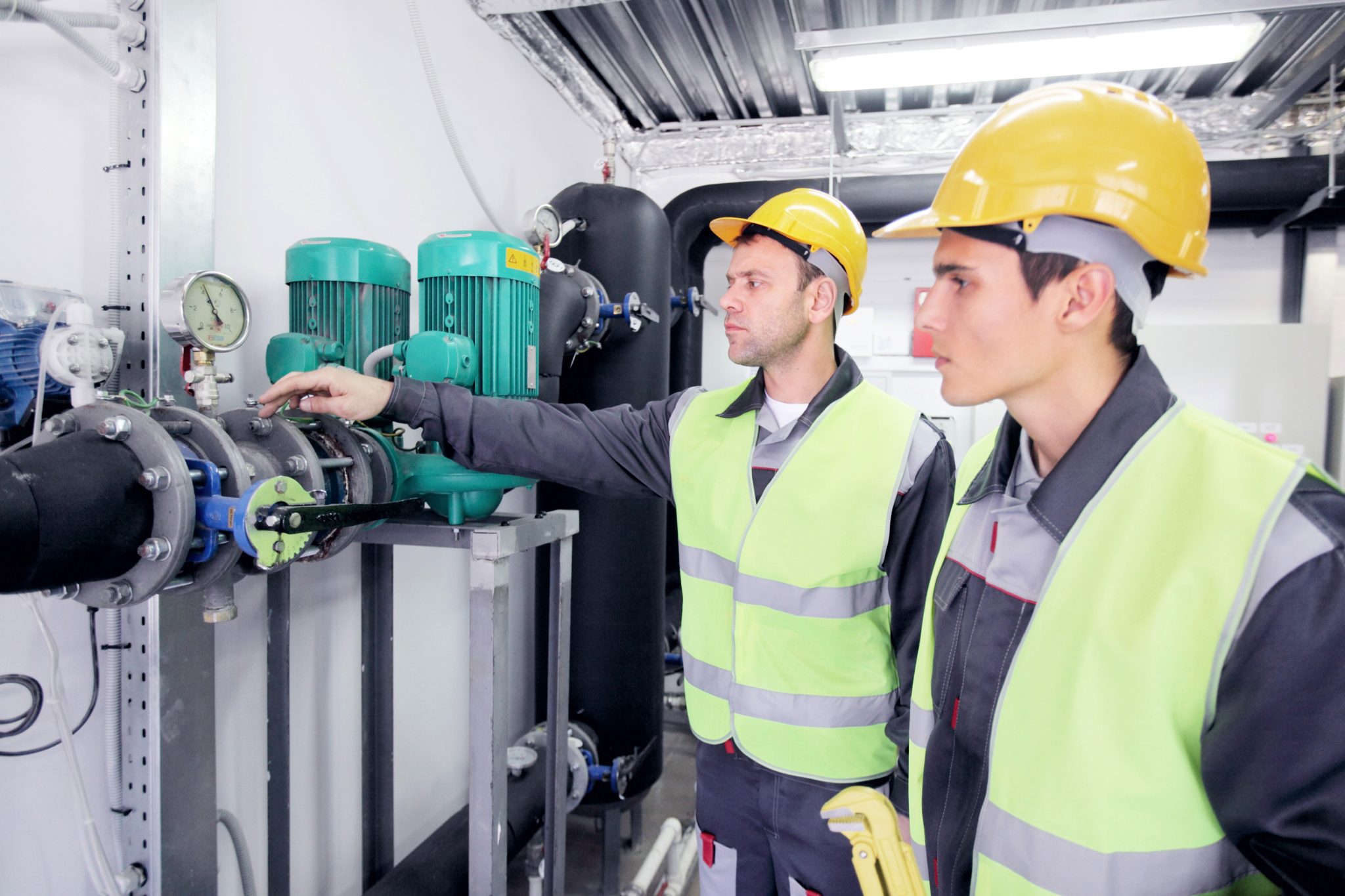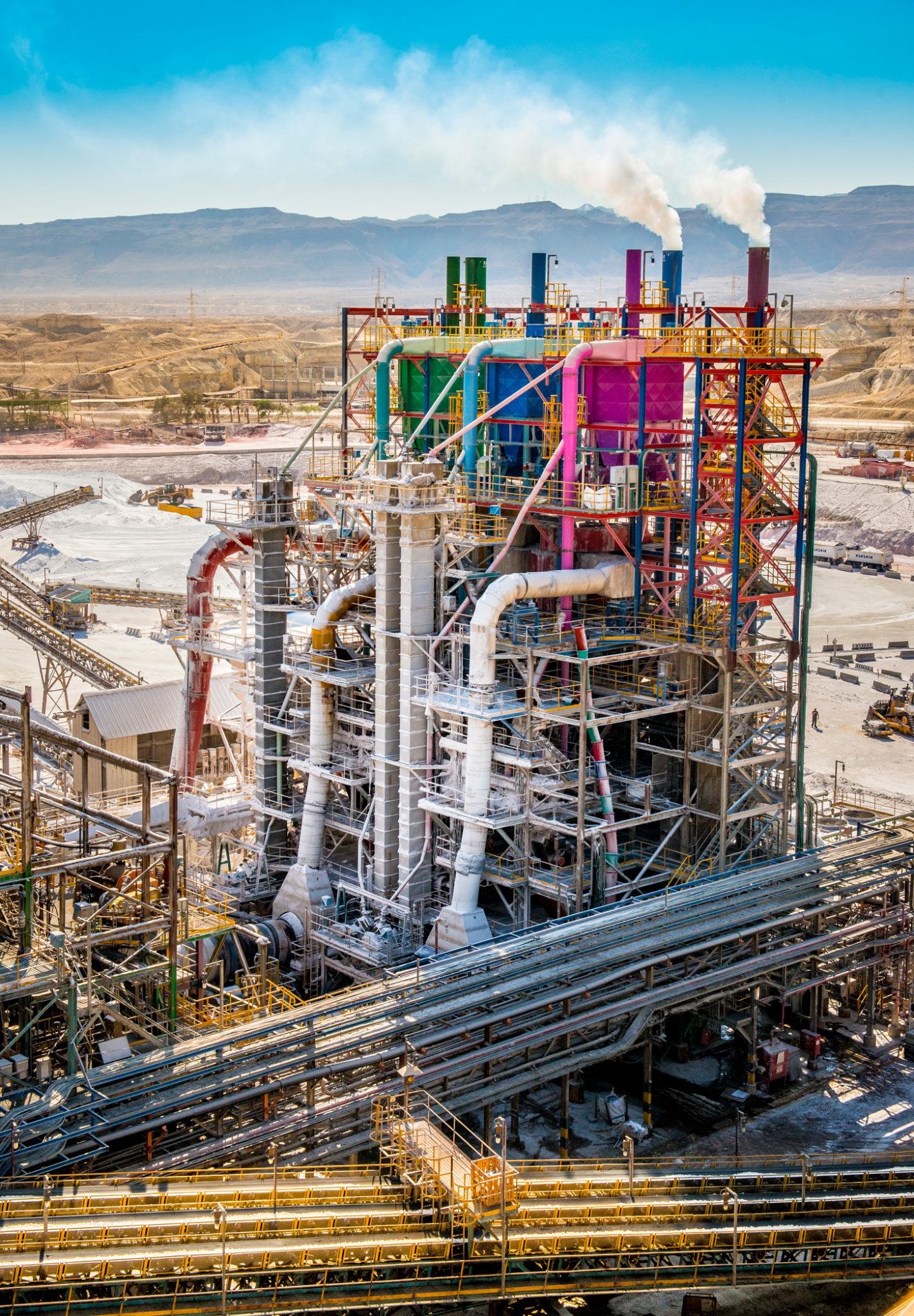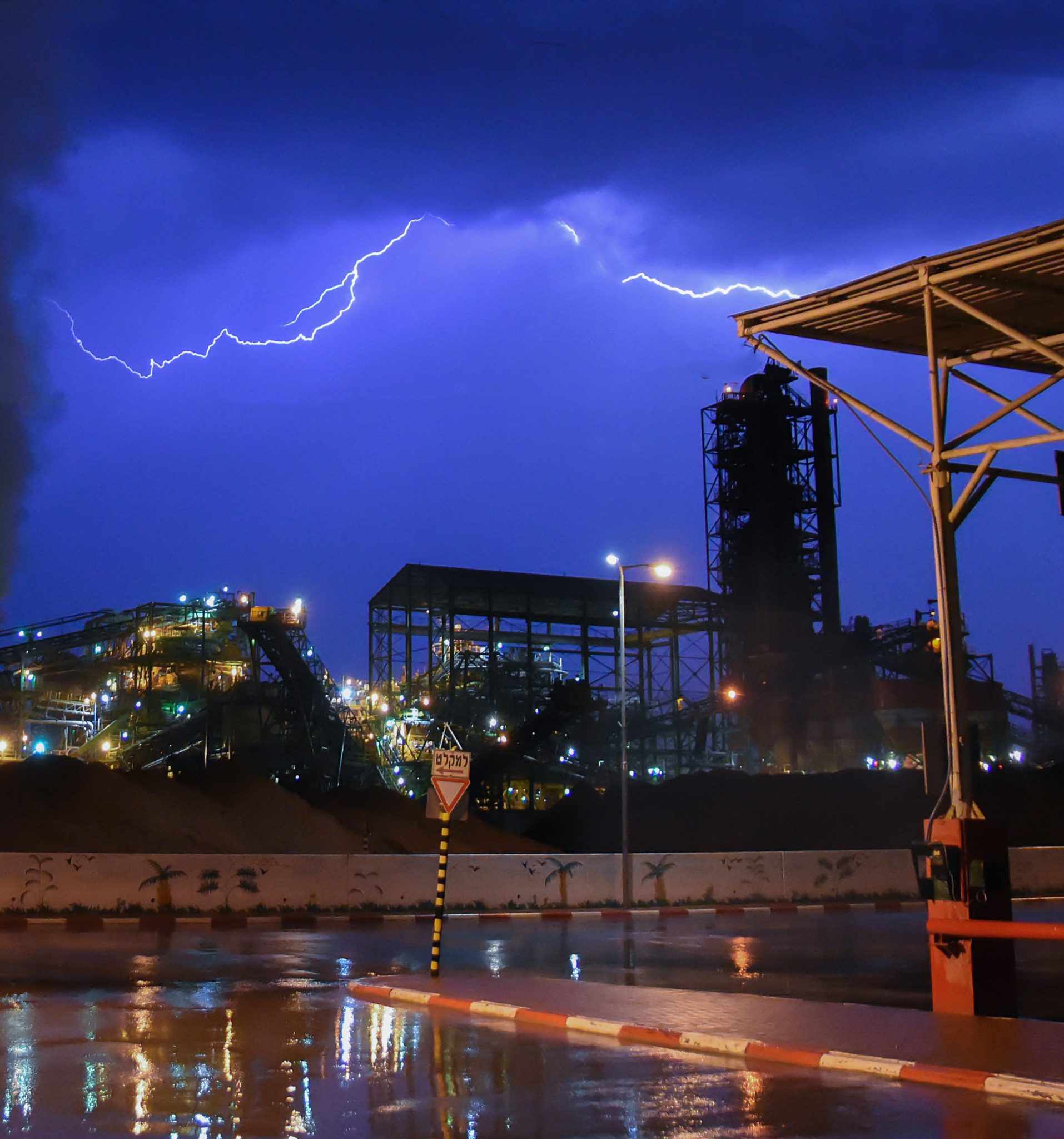

Sustainable Mining at ICL Iberia (Iberpotash)
ICL Iberia is the first large-scale, underground mining company engaged in mining of non-arid minerals in Spain and Europe to be certified for sustainable mining. In 2020, ICL Iberia was certified for UNE 22470 and 22480 standards, known as the Towards Sustainable Mining (TSM) Initiative, which accredited ICL Iberia as a sustainable mining company. Spain is the first European country to adopt these standards, promoted by the global leadership of the Mining Association of Canada (MAC). The TSM initiative, which[...]





